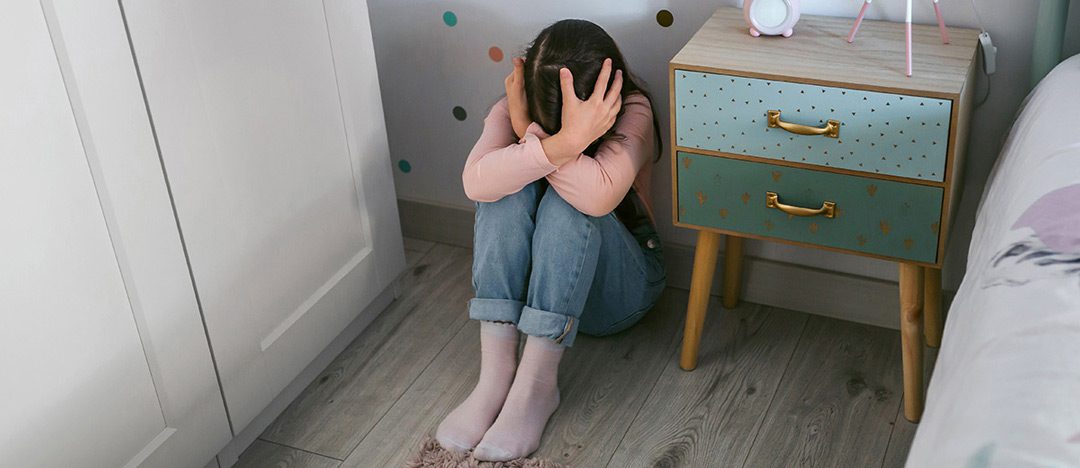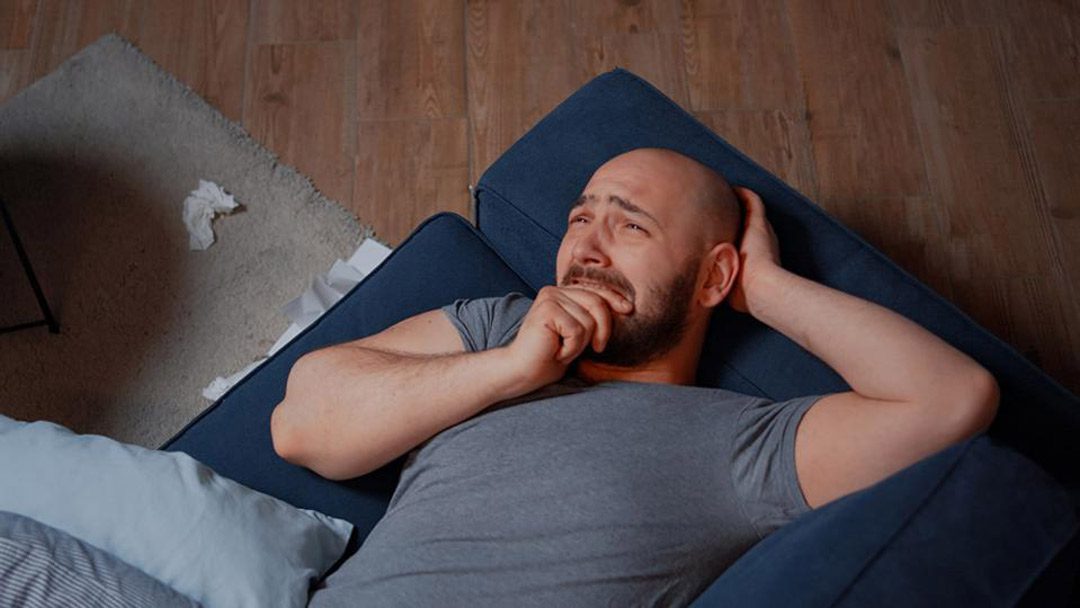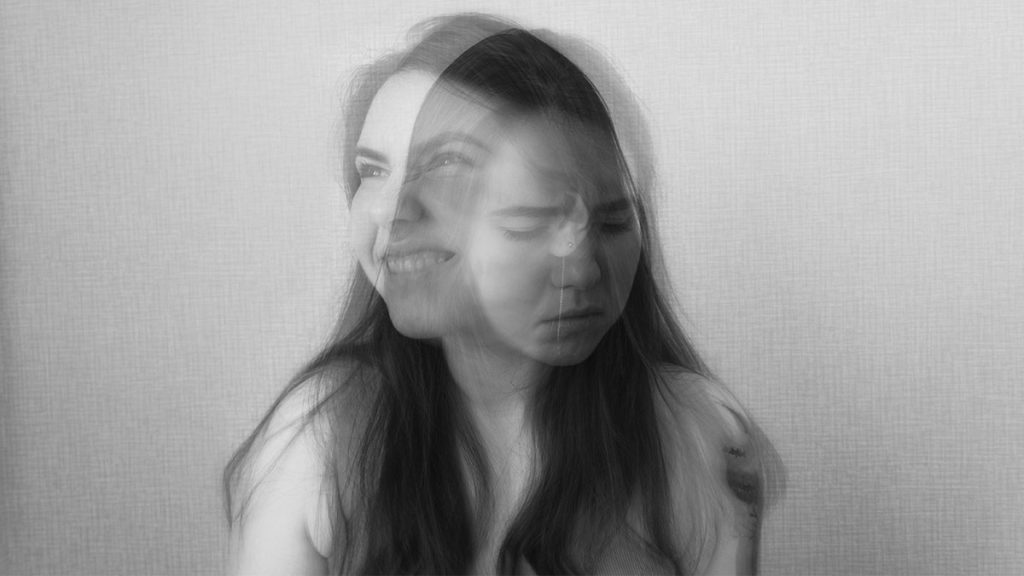Have you ever had trouble addressing guests with mental health concerns? If you’re running your hospitality business, then the experience is not entirely far-fetched. Mental health concerns include any problems jeopardising human beings’ mental and social well-being. According to World Health Organisation, nearly 1 billion people live with mental health disorders worldwide. The numbers are staggering, yet many pay no heed to mental health conditions, considering it a “luxury good” instead of actual illnesses.
Whether people suffering from mental disorders take their condition seriously or not, they are still allowed to travel. Therefore, as a vacation or short-term rental manager, you must be pretty much set all the time. Just as you prepare for guests with physical disabilities, in cases of mental health issues, you also need to be cautious that you take care of the guests rather than do something that deteriorates their condition. Customising your guest experience is your trick of the trade.
One simple suggestion would be for hosts or short-term let managers to embed an optional description box in their booking procedure. Your potential guests can fill the box with both their physical and mental requirements. Before your guests arrive, you can also ask them about their needs and requests. Note that preparing for guests with mental health concerns doesn’t always mean expensive home modifications. Make sure to communicate with your guests.
This article has listed common types of mental illnesses and offered some thoughtful touches and inexpensive home aids to help customise better accommodation for guests with different mental conditions. Now, if you’re concerned about the ideal guest experience, keep the following tips in mind for addressing guests with mental health concerns.
Addressing Guests with Mental Health Concerns:
Types & Tips
Here, we have listed seven common mental health disorders and provided some guidelines for creating a welcoming experience for guests suffering from them. Here we have recommended some adjustments to make your listing more comfortable for guests with mental health conditions and facilitate their stay.
1# Anxiety Disorder

The disorders in this family are a type of mental health concern. People suffering from anxiety are prone to feelings of nervousness, impeding panic and fear, together with sweating and a rapid heartbeat. Anxiety makes people get overly stressed about their daily activities and interactions. Medications and cognitive behavioural therapy are typically prescribed for such conditions. When hosting a guest with anxiety disorder, you can:
- Bring outdoor greenery inside your rental unit. Houseplants soothe and lower the levels of stress and anxiety. They are known to boost the mood.
- Make your unit smell refreshing. Stash candles, incense or bundles of lavender in your rooms and offer a relaxing and meditative atmosphere.
- Place your mirrors sparingly. Researchers a the Institute of Psychiatry in London believe that looking in the mirror can make people feel stressed out.
2# OCD

Obsessive-compulsive disorder (OCD) is a mental disorder characterised by recurring intrusive thoughts, images and impulses, as well as repetitive behavioural and mental habits. They inflict tremendous distress, take up a lot of time, and interfere with the daily life and relationships of the sufferers. There are around three-quarters of a million people living with OCD in the UK at any one time. When hosting a guest with OCD, you can:
- Give your let a deep clean. Wipe clean all your surfaces with some all-purpose cleaner. Dust, mop and vacuum the floors. Wash bedclothes, the toilet and the bathroom. Spray some air freshener, and you’re good to go.
- Double-check all the connectors. Check if all the electric switches, water taps, door locks, appliance buttons and handles are working. That helps OCD sufferers who repeatedly check things associated with harm or danger.
- Organise all your equipment. Put labels on your drawers and cupboards, generally where you put your stuff. Your guests are not expecting a cluttered area, so put everything in its original place after the former guests check out.
3# Dementia
Dementia is referred to as the impaired ability to think, remember, or make decisions. It can gradually worsen to the extent that it interferes with the daily activities of people diagnosed with dementia. The most common type of dementia is Alzheimer’s. Dementia primarily affects older adults; however, it is not a normal part of ageing. When hosting a guest with dementia, you can:
- Put out memory aids around your rental. For example, you can put labels and signs on doors, drawers and cupboards.
- Provide better lighting for your unit. It can reduce the risk of falls. It’s imperative in the toilet and on the stairs.
- Make sure your outdoor space is secured. That will reduce the risk of wandering off and prevent trips or falls.
4# Eating Disorder

Eating problems are recognised as severe mental and physical concerns that include extreme damaging disturbances in eating behaviours. Those are followed by a poor relationship with eating, exercise and body image. For instance, bingeing on food, throwing it up, pursuing rigid diets, doing excessive exercise, etc. When hosting a guest with an eating disorder, you can:
- Get your guests familiar with the local cuisine. Offer them a guide on your local restaurant menus, local dining customs and etiquette so that they can feel relaxed and comfortable.
- Recommend them fun outdoor activities. Give them ideas for outdoor recreational activities around your neighbourhood, so they can keep themselves entertained and busy during their stay.
- Welcome your guests with snack packs. Although this may seem a luxury treat, putting non-perishable snacks such as pretzels or energy bars in your kitchen might be helpful for those who are suffering from eating disorders at some point.
5# Loneliness
|
The Mental Health Foundation has held mental health awareness month in the UK every April since 2001. The theme of 2022 Mental Health Awareness Week is Loneliness. |

Feeling lonely is an average human experience. It occurs when your social connection needs aren’t met. When experienced over a long period, it can turn into a chronic mental health condition. The COVID-19 pandemic has made this condition even worse for many worldwide. Some studies have found that loneliness is just as bad for your health as smoking 15 cigarettes per day. When hosting a guest with loneliness, you can:
- Tell your guest about local events in the neighbourhood. Volunteering, joining workout groups or hobby clubs, and engaging in fun outdoor activities in your area can help boost self-esteem. Such activities provide a safe and satisfying way to connect with others.
- Improve the greeny of your listing. Fill the empty nooks of your unit with plants. Green spaces can have a protective effect in addressing guests with mental health concerns. Spending time around plants will ease bouts of loneliness.
- Show them nice and friendly places to eat. Meeting new people over a meal is one of the best ways to keep people experiencing loneliness sociable. Encourage your guest to venture outside and connect in real life. Give morning coffees at a local cafe a chance!
6# Sleep Problems
Having difficulty getting to sleep at night, waking up feeling exhausted, or feeling sleepy during the day all regularly suggests that you may be suffering from a sleep disorder. The common types of such conditions are insomnia, sleep apnea, restless legs syndrome and narcolepsy. Sleep problems can affect your overall health, safety and quality of life. When hosting a guest with sleep problems, you can:
- Set the temperature of the bedroom. Keep it temperate; around 70°F (20°C) seems to be a comfortable temperature for most people. Body and bedroom temperature can also profoundly affect sleep quality.
- Block extra noises. Staying somewhere that is noisy, crowded or uncomfortable worsens sleep problems. Try to minimise the extra noises. Provide earplugs and white noise for your guests so they can make it easier to doze off.
- Choose your bedding wisely. Consider sheets that improve breathability; cotton sheets are a perfect choice. Choose mattresses and pillows giving optimal neck and back. Remember, comfort is the key.
7# PTSD

PTSD stands for post-traumatic stress disorder. People who have experienced dangerous and life-threatening situations and have survived often have PTSD. That’s when disturbing long-lasting thoughts and feelings show up, even in the form of anxiety and depression. They may also relive the traumatic experience through nightmares or flashbacks, anger or fear and feeling estranged from their communities. When hosting a guest with PTSD, you can:
- Let the natural light in. Get your guest exposed to daylight to feel less pain and stress. Make sure nothing unnecessary is blocking the windows.
- Welcome plants into your rental. They help connect your guests to the natural environment. Their biophilic function reduces stress and improves mood.
- Reconsider the arrangement of your physical space. All the stuff inside your rental should be arranged in a way to enhance safety and promote a positive relationship for your guests.
Concluding Remarks

All things considered, Zeevou Academy hopes you thrive in addressing guests with mental health conditions the next time you get to host one. We aim to raise the STR community’s awareness during Mental Health Month. The well-earned reputation of your hospitality business relies on how you welcome and treat the experience of every single guest of your short-term let. Make sure to communicate with your guests about their particular needs. Remember to check their health care credentials beforehand!

